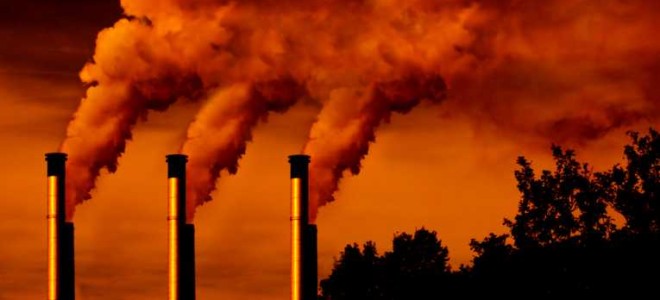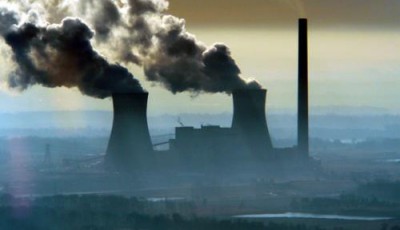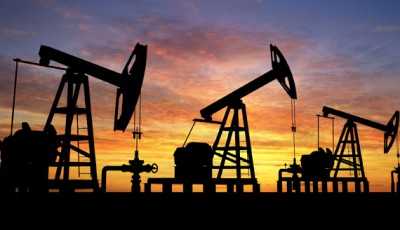EU in danger of missing its own climate targets
By Terry Macalister
LONDON, 24 November, 2016 – A massive new drive to get more diesel cars off the road and close more coal-fired power stations is needed if the European Union is to meet its own climate goals, according to a new report.
The trading bloc is already substantially “off-track” from its own 2030 and 2050 targets, even though CO2 emissions have been naturally depressed by lower-than-expected economic growth due to the financial crisis.
The tough assessment comes from the Paris-based Institute for Sustainable Development and International Relations (IDDRI) alongside calls for a “significant revision” of green policies throughout Europe.
Ambitious plans
The IDDRI says there has been progress in key areas of power production with a shift to renewable energy, but “in other sectors such as transport and industry the transition towards deep decarbonisation has barely started in any member state whatsoever”.
The EU has adopted ambitious plans to cut carbon pollution by 40% by 2030 compared to 1990 levels. This is considered a crucial milestone towards plans to slash emissions by 80% to 95% by the middle of the century.
The IDDRI claims to have drilled down into data from all 28 member states and looked in far more detail at individual parts of the economy.
It concludes that the EU has made significant progress in cutting the carbon intensity from its power sector by 21% from the year 2000 to 2014.
There have also been annual reductions of a similar nature in the intensity of home energy consumption and a 9% cut in EU passenger fuel consumption.
“The specific combination of technological challenges,
financial risks, low profitability and competitive
concerns calls for a suite of policies that must
go beyond carbon pricing and R&D funding”
But the report points out that the latter figure represents 0.7% per year. This is almost a third of the 2% per annum reduction needed to meet its 2050 targets.
To counter this the IDDRI argues that during 2017 “the EU should adopt very ambitious regulations to drive the decarbonisation of transport, and in particular the roll-out of alternative fuel vehicles, in which it is currently lagging behind”.
There have already been strong calls in the German parliament to phase out the combustion engine by 2030, even though the country is a major producer of traditional vehicles.
Equally, the IDDRI calls for the targets, financing and monitoring of energy-efficiency retrofitting and fuel switching in buildings to be strengthened.
But the primary thrust of new policies inside the EU should be aimed at ensuring the Emissions Trading Scheme (ETS) works properly.
The failure of the cap and trade system, evidenced by rock-bottom CO2 prices, is seen as undermining the wider decarbonisation of EU economies.
The IDDRI also wants to home in on fragile parts of industry such as energy intensive sectors such as cement making and steel.
It says: “The specific combination of technological challenges, financial risks, low profitability in the current context and competitive concerns calls for a suite of policies that must go beyond carbon pricing and R&D funding.”
Climate action
The authors of the report call for stable long-term funding for pilot projects to demonstrate new methods, as well as help to create a market for new low-carbon materials and processes in the energy-intensive industries.
The IDDRI is also urging the EU to find ways to help member states wean themselves off unabated and heavily polluting coal as a source of electricity generation. Some countries such as Britain have already promised to phase out coal power plants by 2025, but others including Germany and Poland are still heavily reliant on them.
The latest climate change talks have just broken up in Marrakech with a broad consensus that action must be taken to counter global warming, even by those developing countries that were slow to engage earlier on, and even in the shadow of Donald Trump, a climate sceptic, being voted in to the White House.
– Climate News Network








